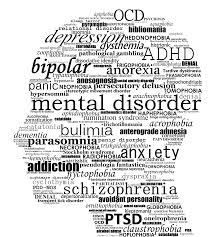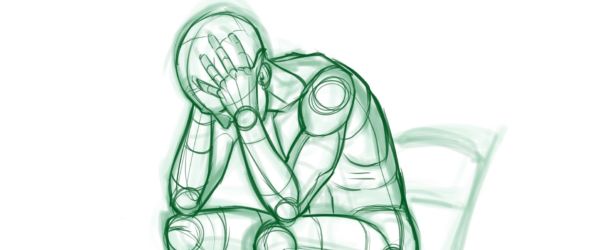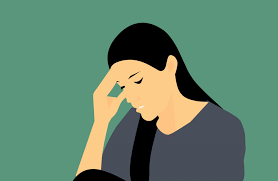What is bipolar disorder?

Bipolar disorder is often discussed in the media and everyday life, but I don’t think many people understand exactly what it is. There may also be misconceptions about it, so I think it is important to find out more about what bipolar disorder is, the symptoms of it, and what the treatments for it are.
Bipolar disorder used to be called manic depression, and it may also be referred to as ‘bipolar affective disorder’. It is a mental health condition that mainly affects a person’s mood, which can swing from one extreme to another. A person with bipolar is likely to experience times where they have manic or hypomanic episodes where they feel high, and depressive episodes where they feel low. Episodes are also referred to as ‘mood states’, and a person can potentially experience psychotic symptoms during these episodes.
Everyone experiences changes in their mood, but with bipolar disorder, such changes can have a huge impact on a person’s life and can be extremely distressing. The mood states may feel extreme, and the swings between the two may feel overwhelming.
The symptoms of bipolar disorder depend on the mood state the person is experiencing. The episodes can also last for several weeks or longer, which differentiates it from mood swings that a lot of people experience. In a depressive episode, a person may experience feelings that include feeling low, lethargic and lack energy, have overwhelming feelings of worthlessness, feel sad, irritable or hopeless, feel guilt, despair, pessimistic and have self-doubt. Symptoms can also include having difficulty in concentrating and remembering things, losing interest in carrying out everyday activities, having a lack of appetite, and waking up early and have difficulty sleeping. Other symptoms of a depressive episode are being delusional, experiencing hallucinations, and disturbed or illogical thinking, and suicidal thoughts. On the NHS website it states that anyone who feels suicidal should go to their nearest A & E as soon as possible, and anyone who is feeling very depressed should contact a GP, care co-ordinator, or local mental health crisis team as soon as possible.
In a manic episode, a person feels very high and overactive. Symptoms of this can include feeling very happy, elated, or overjoyed; feeling full or energy, feeling self-important and feeling as though they have great ideas and important plans. Other symptoms may include not feeling like sleeping or eating, becoming annoyed very easily, talking very quickly, being easily distracted, irritated or agitated, and being delusional, having hallucinations and having illogical or disturbed thinking. Some people may also feel very creative, spend large amounts of money on things they can’t afford or wouldn’t normally want, or do or say things that are out of character and that may be risky or harmful.
The treatment for bipolar disorder aims to reduce the number and the severity of the episodes and allows a person to live their life as normally as possible. With the use of effective treatment, episodes usually improve within three months, and most people who have bipolar disorder can be treated with a combination of different treatments. These treatments can be medicine to prevent and treat episodes, recognising their triggers and signs, psychological treatments, and lifestyle advice.
Medicine, known as mood stabilisers, can be used to prevent mania and depression episodes, and can be taken every day on a long-term basis. Medicine can also be used to treat the main symptoms of mania and depression when they occur. Psychological treatments, such as talking therapies, can be used to help a person deal with depression and give advice on how to improve relationships with others. Lifestyle advice, such as exercising regularly, improving diet, and getting more sleep can be undertaken, as well as learning to look out for the triggers and signs of episodes.
For more information and resources, please take a look at the references list.
Sarah Keeping MBPsS MSc PgDip GDip BA (Hons) Cert HE
Follow Sarah on twitter at @keepingapproach, facebook at @keepingapproach, and on instagram at @thekeepingapproach
Follow E-therapy on social media:
Facebook – @Etherapy
Instagram – @EtherapyToday
Twitter – @EtherapyToday
References
https://www.nhs.uk/conditions/bipolar-disorder/



